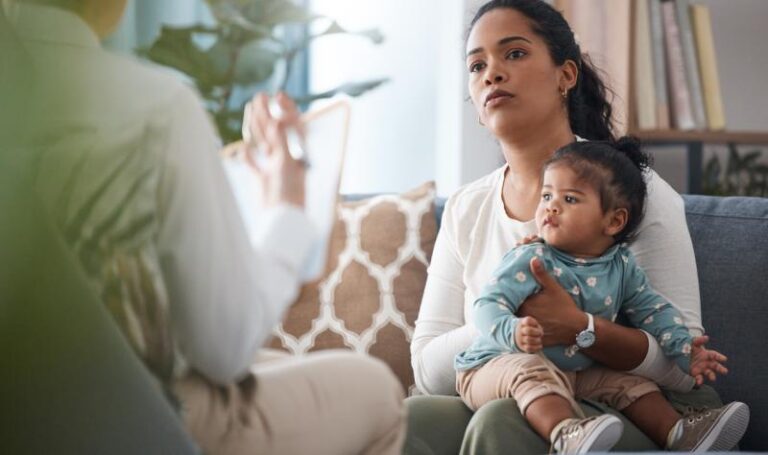Children born during the first year of the COVID-19 pandemic—with or without exposure to maternal infections—do not seem to be at increased risk for developing autism, according to a new study in JAMA Network Open.
“The scale of the COVID pandemic had pediatricians, researchers, and developmental scientists worried that we would see an uptick in autism rates. But reassuringly, we didn’t find any indication of such an increase in our study,” said study author Dani Dumitriu, MD, PhD, of Columbia University in a press release from that institution. “There has been broad speculation about how the COVID generation is developing, and this study gives us the first glimmer of an answer with respect to autism risk.”
The study is based on outcomes seen among more than 1,500 children born at NewYork-Presbyterian’s Morgan Stanley Children’s Hospital and Allen Hospital from January 2018 to September 2021.
All children in the study were screened for autism between 16 and 30 months of age. Children born before the pandemic were compared with those born during the first year of the pandemic.
Included in the study were 1,664 children (442 born before the pandemic and 1,222 born during the pandemic), of whom 997 were not exposed to SARS-CoV-2 in utero, and 130 who were exposed to SARS-CoV-2. Ninety-five had unknown SARS-CoV-2 exposure status. Electronic health records were used to establish maternal infection.
Sixteen percent of children were Black, 59.6% were Hispanic, and 24.0% were White.
Pandemic stress linked to perceptions of child behavior
The researchers found no difference among pre-pandemic and pandemic rates of autism. Specifically, 100 children (22.6%) born before the pandemic and 283 children (23.2%) born during the pandemic screened positive for autism, they wrote. The lack of an association was maintained in a fully adjusted model (adjusted odds ratio 1.40; 95% confidence interval, 0.66 to 3.23).
No association was seen in pandemic-era births among exposed and unexposed children, but the sample size was small, the authors wrote.
Our findings align with those of other reports showing no or limited associations between prenatal SARS-CoV-2 exposure and child neurodevelopment.
“Our findings align with those of other reports showing no or limited associations between prenatal SARS-CoV-2 exposure and child neurodevelopment,” the authors wrote.
Dumitriu said high parental stress during the pandemic may have altered parents’ perception of toddler behavior. But for now, it seems the pandemic did not produce a spike in autism rates.
“Children who were in the womb early in the pandemic are now reaching the age when early indicators of autism would emerge, and we’re not seeing them in this study,” Dumitriu said. “And because it’s well-known that autism is influenced by the prenatal environment, this is highly reassuring.”
This article was originally published by a www.cidrap.umn.edu . Read the Original article here. .



